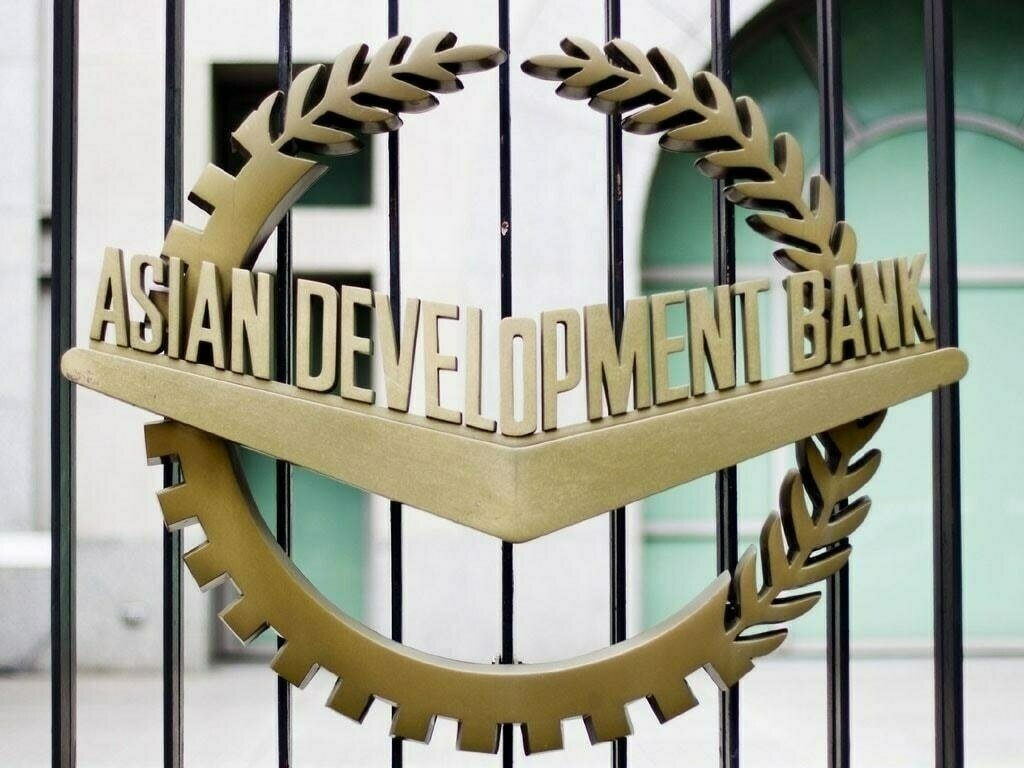The federal government has made a major policy shift by stripping the Federal Board of Revenue (FBR) of its tax policymaking powers. A notification has been issued confirming the establishment of a Tax Policy Office under the Ministry of Finance, effectively separating tax policymaking from tax collection.
Key Changes in Tax Administration
According to the official notification, the FBR will now be responsible only for tax collection, while the new Tax Policy Office will oversee the formulation and implementation of tax policies. The restructuring aims to enhance transparency, streamline taxation processes, and ensure a data-driven approach to tax reform.
The Tax Policy Office will report directly to the Minister of Finance and Revenue and will be responsible for:
- Developing the government’s tax reform agenda.
- Analyzing tax policies and proposing data-driven solutions.
- Forecasting economic trends and modeling tax revenues.
- Reducing tax fraud by improving policy execution.
IMF’s Role in the Decision
According to sources, this decision was a long-standing demand of the International Monetary Fund (IMF). The IMF has consistently emphasized the need for an independent body to formulate tax policies without interference from the tax collection authority. This restructuring ensures that the FBR’s primary role remains revenue collection, while tax policies are designed and monitored separately to enhance efficiency and minimize corruption.
Impact on Tax Collection & Economic Policies
With this shift, tax collection is expected to improve as the FBR will now focus solely on executing tax policies efficiently rather than shaping them. Meanwhile, the Tax Policy Office will ensure a fair, data-backed, and streamlined taxation system.
Additionally, the office will:
- Conduct revenue and economic impact analysis.
- Develop new tax policies in alignment with global standards.
- Enhance fiscal planning and budgeting strategies.
Sources within the Ministry of Finance reveal that the Tax Policy Office is set to begin operations from the next fiscal year. However, the notification does not specify an exact timeline for the transition. Reports indicate that necessary frameworks are being finalized, and the transfer of authority to the Ministry of Finance is likely to be completed before the new fiscal year begins.
What This Means for Businesses & Taxpayers
- Increased Transparency: With policymaking independent of tax collection, biases and loopholes can be addressed more effectively.
- Better Compliance & Enforcement: The FBR can now focus on stronger tax enforcement while the policy office works on streamlining regulations.
- Economic Growth & Stability: The separation of powers can help build investor confidence and improve Pakistan’s tax-to-GDP ratio.
The decision to restructure Pakistan’s tax administration marks a major shift in governance, aligning with international best practices. While its full impact remains to be seen, this move is expected to improve tax compliance, enhance revenue collection, and ensure more effective economic planning.
With the Tax Policy Office set to take charge of tax policymaking, all eyes are now on the government’s ability to successfully implement these changes and strengthen Pakistan’s financial infrastructure.



